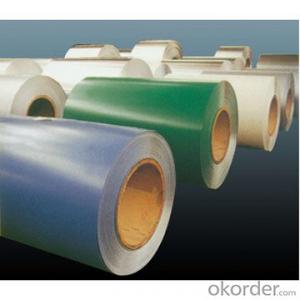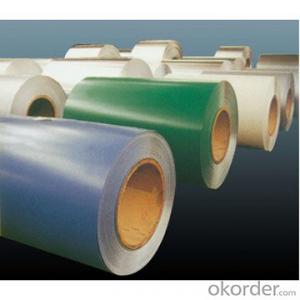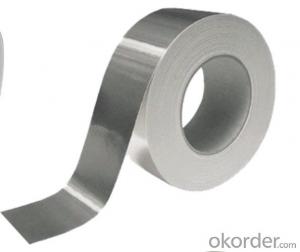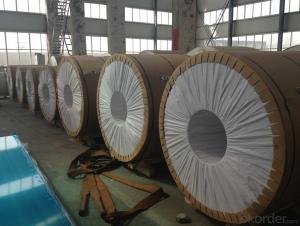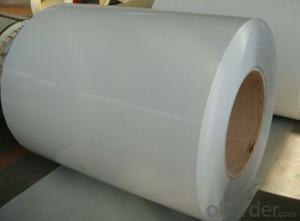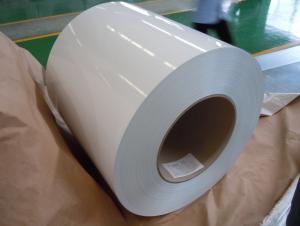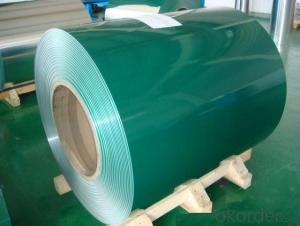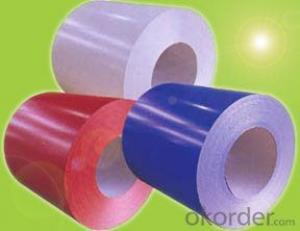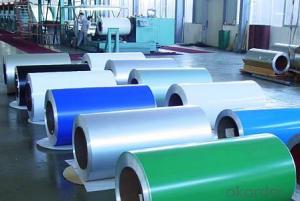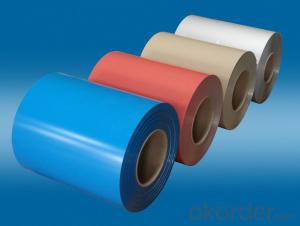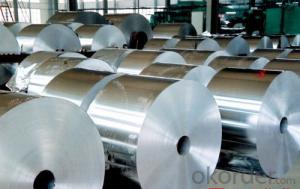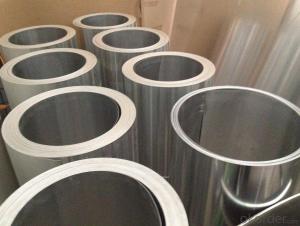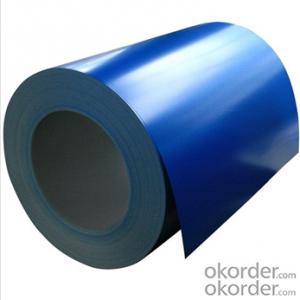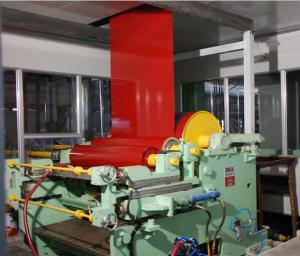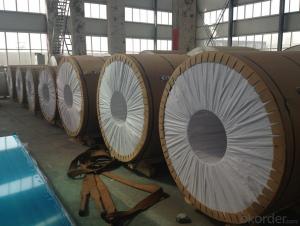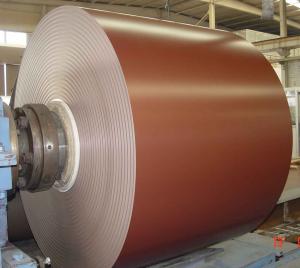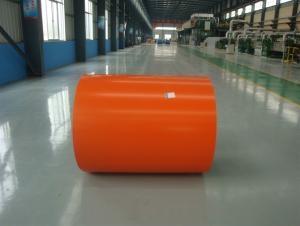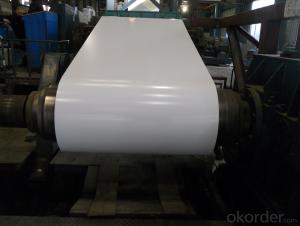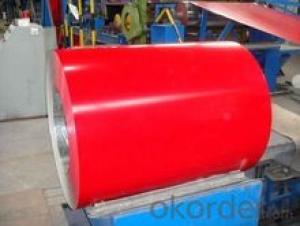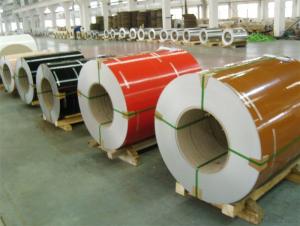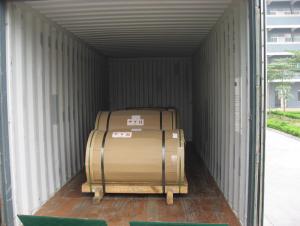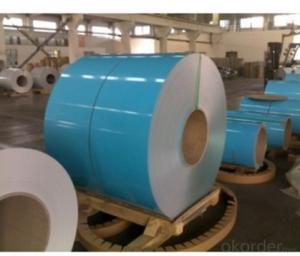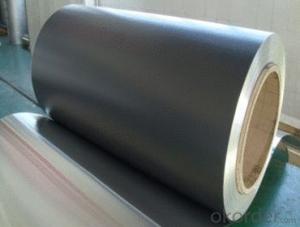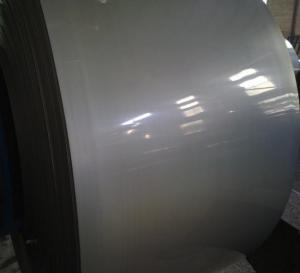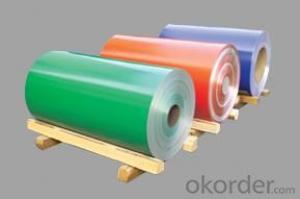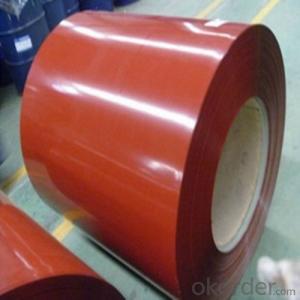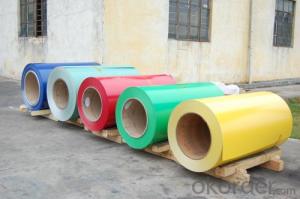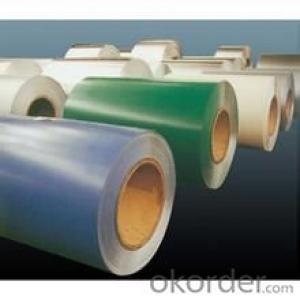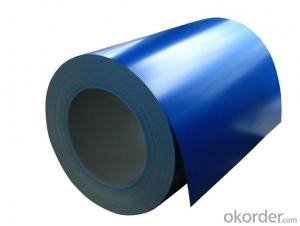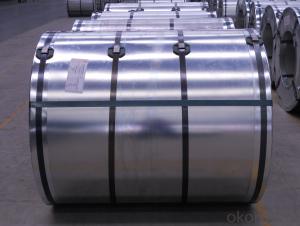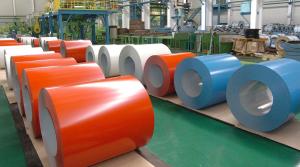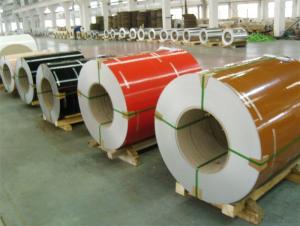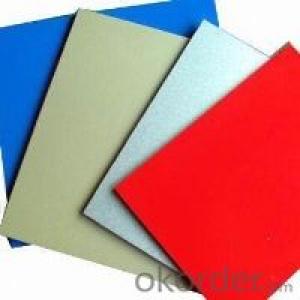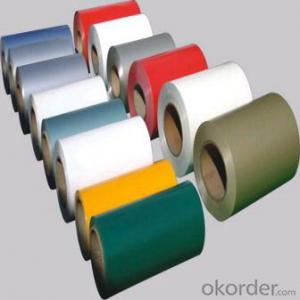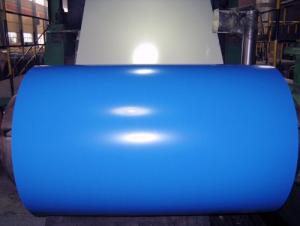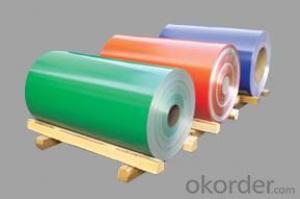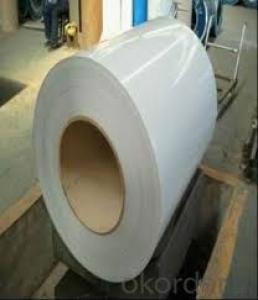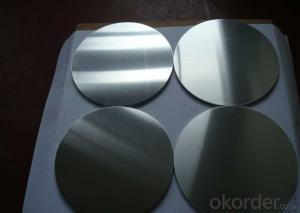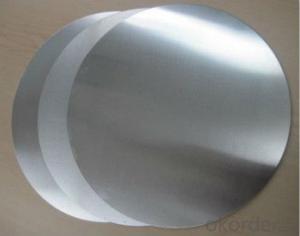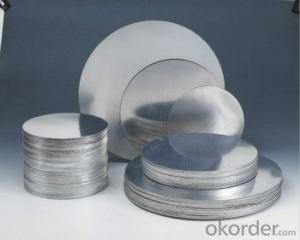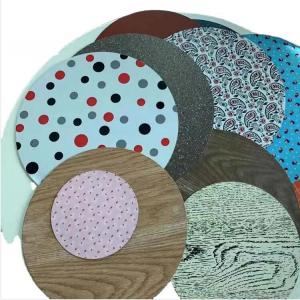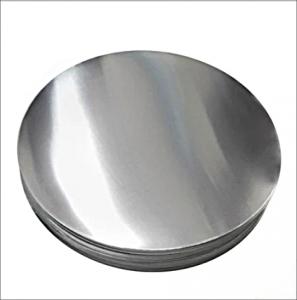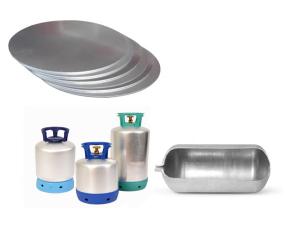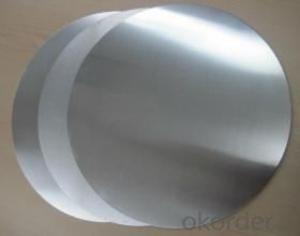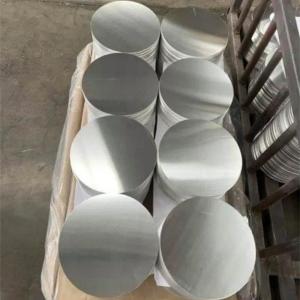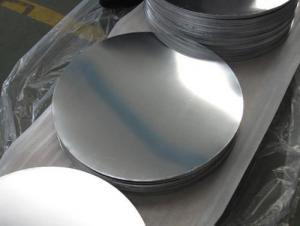Prepainted Aluminum Coil
Prepainted Aluminum Coil Related Searches
Prefinished Aluminum Coil Polished Aluminum Coil Colored Aluminum Coil Color Coated Aluminum Coil Wholesale Painted Aluminum Coil Painted Aluminum Trim Coil Coil Coated Aluminum Powder Coated Aluminum Coil Textured Aluminum Coil Anodized Aluminum Coil Copper Colored Aluminum Coil Coil Coating Aluminum Vinyl Coated Aluminum Coil Embossed Aluminum Coil Brushed Aluminum Coil Coated Aluminum Coil Pe Pvc Coated Aluminum Coil Coil Aluminum Buy Coated Aluminum Coil Pre Cut Aluminum Foil Coating Aluminum Coil Pe Copper Aluminum Coil Colored Aluminum Trim Coil China Color Coated Aluminum Coil Aluminum Copper Coil Aluminum Alloy Coil Painting Aluminum Trim Coil Pure Aluminum Coil Custom Rolled Aluminum Coil Aluminum Coil PipePrepainted Aluminum Coil Supplier & Manufacturer from China
Prepainted Aluminum Coil is a type of aluminum material that has been coated with a layer of paint or other protective coating, providing it with enhanced durability and aesthetic appeal. This product is widely recognized for its excellent corrosion resistance, weatherability, and vibrant color options, making it a popular choice for various applications. The versatility of prepainted aluminum coil allows it to be used in a multitude of industries, such as construction, automotive, and signage, where its lightweight and strong properties are highly valued.In terms of usage, prepainted aluminum coil is commonly employed in the manufacturing of building facades, roofing systems, and interior decoration elements. Its ability to withstand harsh weather conditions and resist fading makes it an ideal material for outdoor applications. Additionally, the coil can be easily cut, bent, and shaped, offering designers and manufacturers the flexibility to create unique and customized products. This adaptability has led to its widespread adoption in various architectural and design projects, where both form and function are essential.
Okorder.com is a leading wholesale supplier of prepainted aluminum coil, boasting a vast inventory that caters to the diverse needs of clients across different industries. With a commitment to quality and customer satisfaction, Okorder.com ensures that each coil is manufactured to the highest standards, providing users with a reliable and long-lasting product. By offering competitive prices and efficient shipping options, Okorder.com has established itself as a trusted source for prepainted aluminum coil, making it easier for businesses to access this valuable material for their projects.
Hot Products
